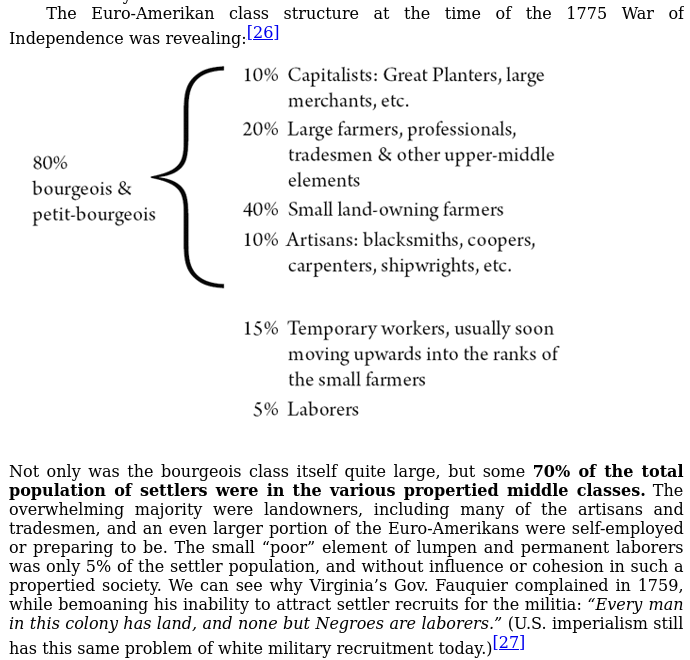On this day in 2013, Turkish protesters began occupying Gezi Park to oppose its demolition, an act with led to widespread protests and strikes with approximately 3,500,000 participants, 22 deaths, and more than 8,000 injuries.
The wave of civil unrest across Turkey began after the park occupation was violently evicted by police, who used to tear gas, pepper spray, and water cannons to try and break up the protests, injuring more than one hundred people and hospitalizing a journalist.
The protest quickly grew in size - by May 31st, 10,000 gathered in Istiklal Avenue. In June, the protests became national in scope and transcended any particular demographic or political ideology. Among the wide range of concerns brought by protesters were issues of freedom of the press, expression, and assembly, as well as the alleged political Islamist government’s erosion of Turkey’s secularism.
Millions of Turkish football fans, normally divided by intense sports rivalry, marched in unity against the government. Protesters displayed symbols the environmentalist movement, rainbow banners, depictions of Che Guevara, different trade unions, and the PKK and its leader Abdullah Öcalan.
On June 4th, Taksim Dayanışması (Taksim Solidarity) issued a set of demands that included the preservation of Gezi Park, an end to police violence, the right to freedom of assembly, and an end to the privatization of public spaces. Deputy Prime Minister Bülent Arınç met the group on June 5th and rejected these demands.
Erdoğan blamed the protests on “internal traitors and external collaborators”, demonizing his political opposition as the former. Despite the popular mobilization, Erdoğan remained in power and no major concessions were won from the government.
Megathreads and spaces to hang out:
- 📀 Come listen to music and Watch movies with your fellow Hexbears nerd, in Cy.tube
- 🔥 Read and talk about a current topics in the News Megathread
- ⚔ Come talk in the New Weekly PoC thread
- ✨ Talk with fellow Trans comrades in the New Weekly Trans thread
reminders:
- 💚 You nerds can join specific comms to see posts about all sorts of topics
- 💙 Hexbear’s algorithm prioritizes comments over upbears
- 💜 Sorting by new you nerd
- 🌈 If you ever want to make your own megathread, you can reserve a spot here nerd
- 🐶 Join the unofficial Hexbear-adjacent Mastodon instance toots.matapacos.dog
Links To Resources (Aid and Theory):
Aid:
Theory:


I started reading Settlers. The first chapter was an easy enjoyable read, making clear points, citing Marx multiple times, not using many and difficult or outdated words. Here is a well formatted epub. Sadly the archive.org scans are as always a mess in epub.
The first chapter had a class analysis of early settler society and listed how all branches of it’s economy tied into slavery, supplying ships for the slave trade and contracting slave work from slave-owners.
Here is a quote that I liked
Especially this
1 and 2 are correct and well put. 3 is maybe half right. 4 is straight to wrong.
So far it’s mostly in the context of the 16-18 hundreds. Most owned the means of production and had non-euro-americans work them. Or had realistic prospects to do so soon. Which is a strong differentiation from other countries.